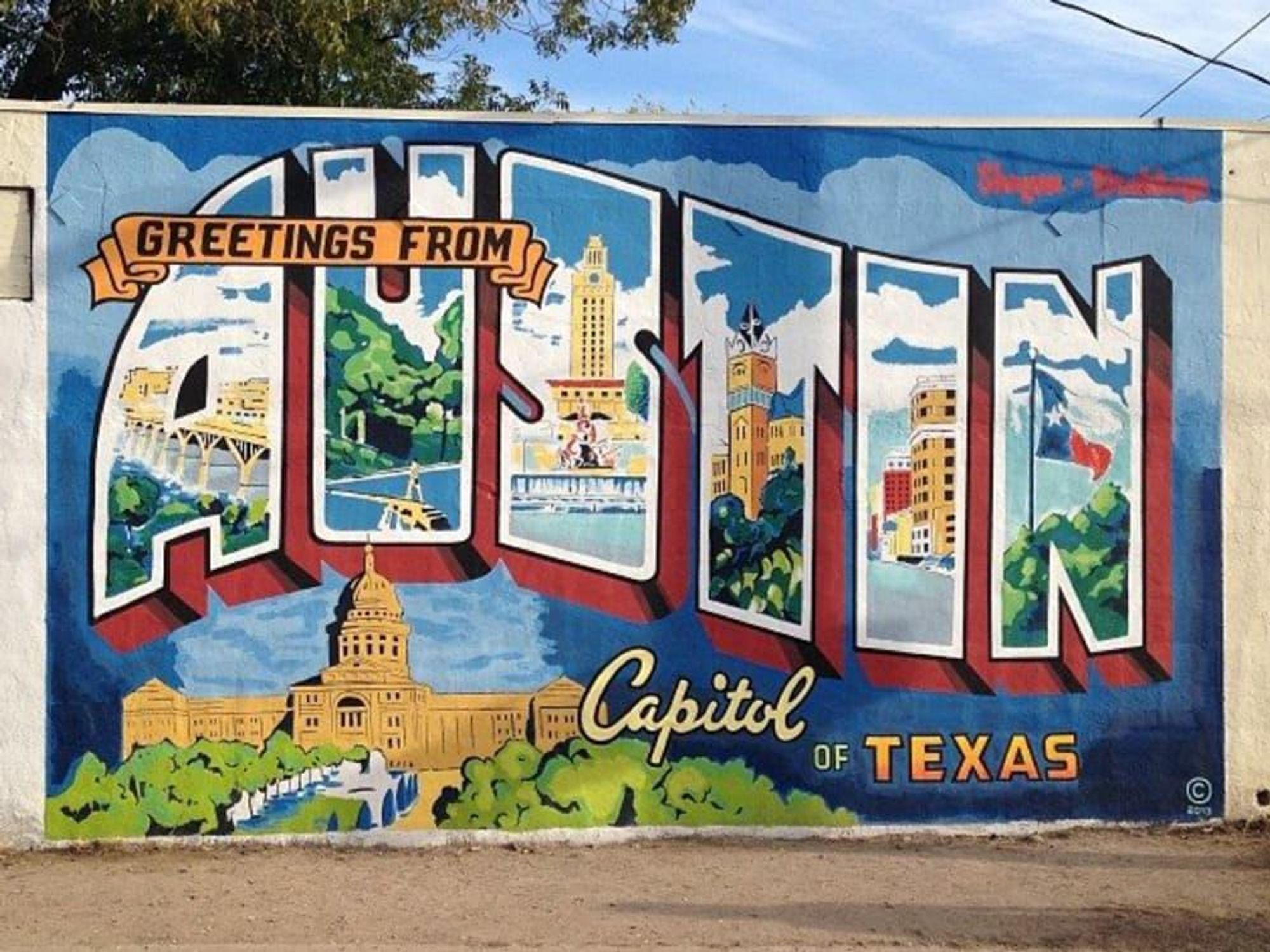Texas Agriculture Commissioner Sid Miller has issued an urgent alert to farmers to inspect their pastures for a newly detected and highly damaging pest: the pasture mealybug (Helicococcus summervillei).
According to a release from the Department of Agriculture (TDA), this invasive species, never before reported in North America, has been confirmed in multiple Texas counties and is already causing significant damage to pasture acreage across the southeast portion of the state.
The pasture mealybug causes “pasture dieback,” leaving expanding patches of yellowing, weakened, and ultimately dead turf.
This pest was first detected in Australia in 1928; its first detection in the Western Hemisphere occurred in the Caribbean between 2019 and 2020.
The TDA is working with Texas A&M AgriLife Extension and USDA’s Animal and Plant Health Inspection Service (APHIS) to coordinate a rapid response and protect Texas producers.
Mealybug history
Although the mealybug is just now being spotted, researchers suspect it may have been introduced before 2022.
Since mid-April 2025, southern Texas pasture and hay producers have been reporting problems in their fields. These fields show grass patches becoming brown or necrotic, or patches that are completely dead. Originally, it was presumed that symptoms were caused by another mealybug called the Rhodes grass mealybug, which has been reported in the U.S. since 1942. However, further investigations confirm that it's this new pasture mealybug (Heliococcus summervillei).
It has devastated millions of acres of grazing land in Australia and has since spread globally. Its rapid reproduction, hidden soil-level feeding, and broad host range make it a significant threat to pasture health and livestock operations.
 MealybugTAMU
MealybugTAMU
Adult females are approximately 2-5 mm long, covered in a white, waxy coating. They are capable of producing nearly 100 offspring within 24 hours, resulting in several generations per season. While adult females can live for up to 100 days, most damage is inflicted by the youngest nymphs, which feed on plant sap and inject toxic saliva that causes grass to yellow, weaken, and die.
“This is a completely new pest to our continent, and Texas is once again on the front lines,” Commissioner Miller says. “If the pasture mealybug spreads across Texas grazing lands like it has in eastern Australia, it could cost Texas agriculture dearly in lost productivity and reduced livestock capacity. TDA is working hand-in-hand with federal and university partners to respond swiftly and protect our producers from this unprecedented threat.”
Houston has a problem
The estimated impact area currently covers 20 counties, primarily in the Houston area, including: Cameron, Hidalgo, Willacy, Refugio, Calhoun, Victoria, Goliad, Dewitt, Lavaca, Fayette, Jackson, Matagorda, Brazoria, Galveston, Wharton, Colorado, Austin, Washington, Burleson, Brazos, and Robertson. AgriLife entomologists have submitted a formal Pest Incident Worksheet documenting significant damage to pastures and hayfields in Victoria County.
Research trials are underway to determine the best integrated pest management options. Currently, there is no known effective labeled insecticide for pasture mealybug.
Affected plants include: Bermudagrass, Bahia grass, Johnsongrass, hay grazer (sorghum–sudangrass), St. Augustine grass, various bluestem species, and other tropical or subtropical grasses. Damage can occur in leaves, stems, and roots.
Symptoms:- Yellowing and discoloration of leaves within a week of infestation
- Purpling or reddening of foliage
- Stunted growth and drought stress despite rainfall
- Poorly developed root systems
- Dieback starting at leaf tips and progressing downward
- Premature aging, making plants more vulnerable to pathogens
How to spot it- Scout regularly for mealybugs on grass leaves, stems, soil surface, leaf litter, and under cow patties
- Focus on unmanaged areas such as fence lines, ungrazed patches, and roadsides
- Look for fluffy, white, waxy, or “fuzzy” insects on blades and stems
- If plants appear unhealthy and insects match this description, investigate further
“Early identification is critical, and we need every producer’s eyes on the ground,” Commissioner Miller added. “We are working diligently with our federal and state partners to determine how to best combat this novel threat and stop it in its tracks.”
If you observe suspicious symptoms or insects matching the descriptions above, contact TDA at 1-800-TELL-TDA immediately.


 MealybugTAMU
MealybugTAMU